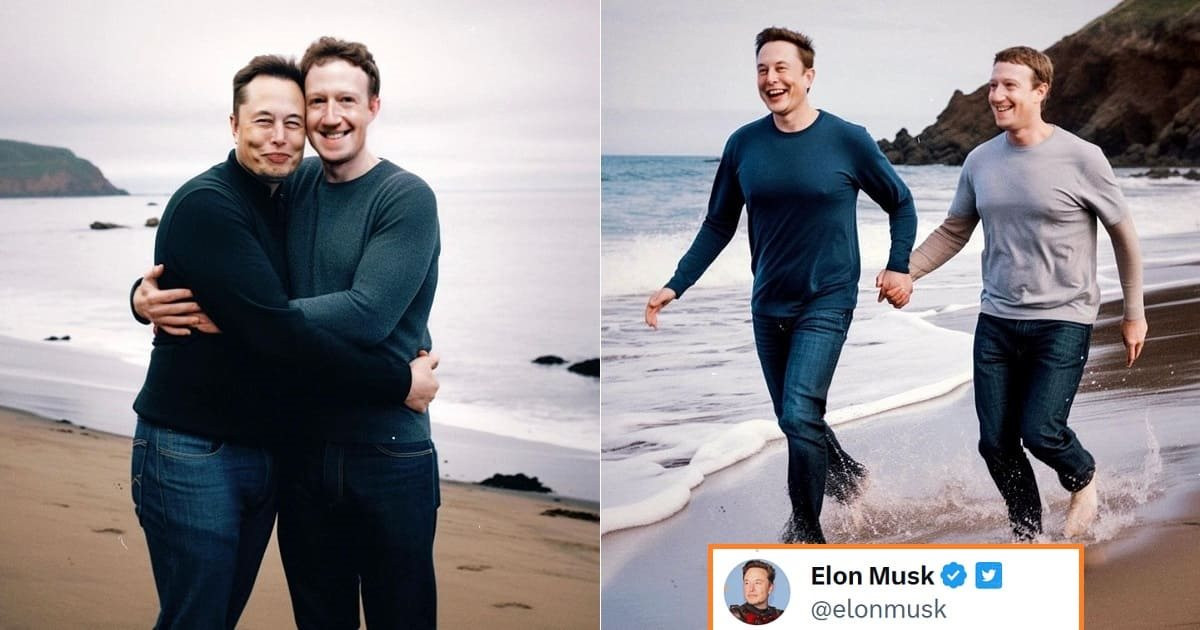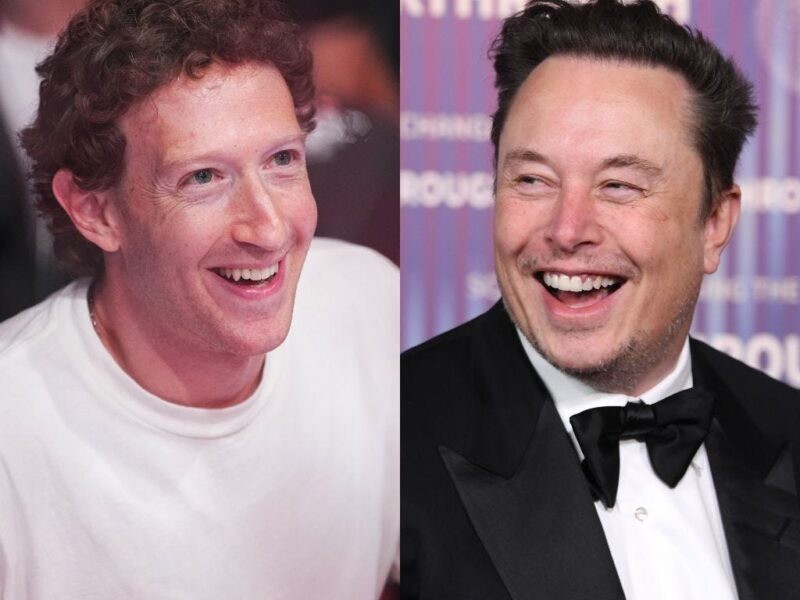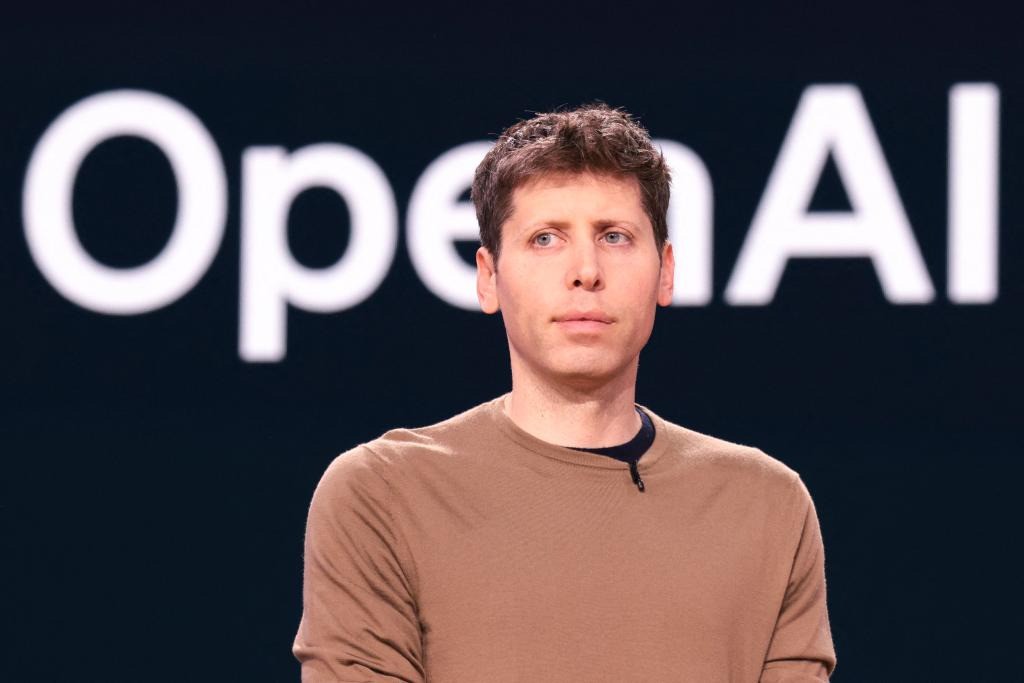The feud between the two giants Mark Zuckerberg and Elon Musk has lasted for nearly a decade.
Mark Zuckerberg sides with Elon Musk
Since 2016, the relationship between Mark Zuckerberg and Elon Musk has been in a state of turmoil. They disagree on everything, even criticizing each other publicly, not just stopping at sarcastic insinuations on social media.

But recently, a new move from Meta has unexpectedly brought Mark to the same side as Elon Musk. Specifically, Meta has spoken out against OpenAI’s plan to convert from a non-profit model to a for-profit company. This is also the issue that Musk is fighting.

The feud between Mark Zuckerberg and Elon Musk has lasted for nearly a decade.
In a letter to California Attorney General Rob Bonta, Meta warned that allowing OpenAI – the “parent” of ChatGPT – to change its operating model would have “huge implications for Silicon Valley.” The letter stated: “OpenAI must not be allowed to violate the law by misappropriating charitable assets for private use in order to make huge profits.”
Meta also emphasized: “We believe that Elon Musk and Shivon Zilis are qualified and well-positioned to represent the interests of the people of California on this issue.” This move is considered quite surprising because Zuckerberg and Musk have had a public and private confrontational relationship for many years.

Currently, OpenAI is Meta’s top competitor in the AI technology race.
Musk and former OpenAI board member Shivon Zilis have previously filed a lawsuit asking a federal judge in San Francisco to block OpenAI from becoming a for-profit company. Musk’s lawyers have said that OpenAI is a “Frankenstein, cobbled together from multiple legal models to serve the financial interests of Microsoft and CEO Sam Altman.”
The move marks an escalation in Musk’s lawsuit against OpenAI, which he co-founded in 2015 but left after a clash with Altman. After leaving OpenAI, Musk founded his own AI company, xAI.
OpenAI speaks out

Sam Altman, CEO of OpenAI
OpenAI, which was founded in 2015 as a nonprofit, is now planning to restructure as a for-profit public benefit corporation. The nonprofit portion will continue to exist, but will no longer have control over the company’s operations.
Last week, OpenAI released a series of internal emails and messages in response to Musk’s request to block it. In the documents, OpenAI claimed that Musk himself had advocated for a for-profit model, but left when he failed to achieve his goal of complete control of the company.
Elon Musk is currently co-heading the Department of Government Efficiency (DOGE), where he serves as an advisor to President-elect Trump. Musk’s new role raises concerns about conflicts of interest, especially since he still owns private companies like Tesla, SpaceX, and xAI.
Speaking at a New York Times conference, OpenAI CEO Sam Altman stressed: “It would be extremely un-American to use political power to hurt competitors and benefit your own business. I don’t think Elon would do that, and I don’t think the people would accept that.”






